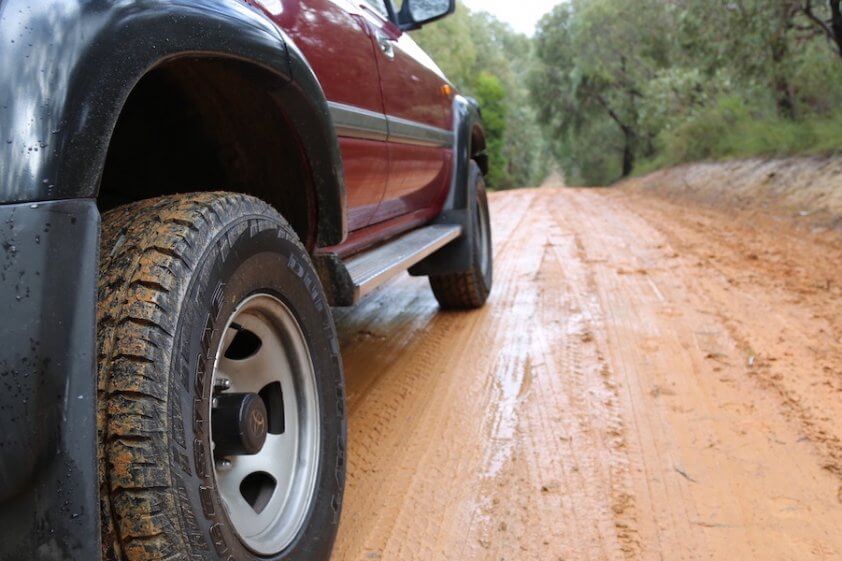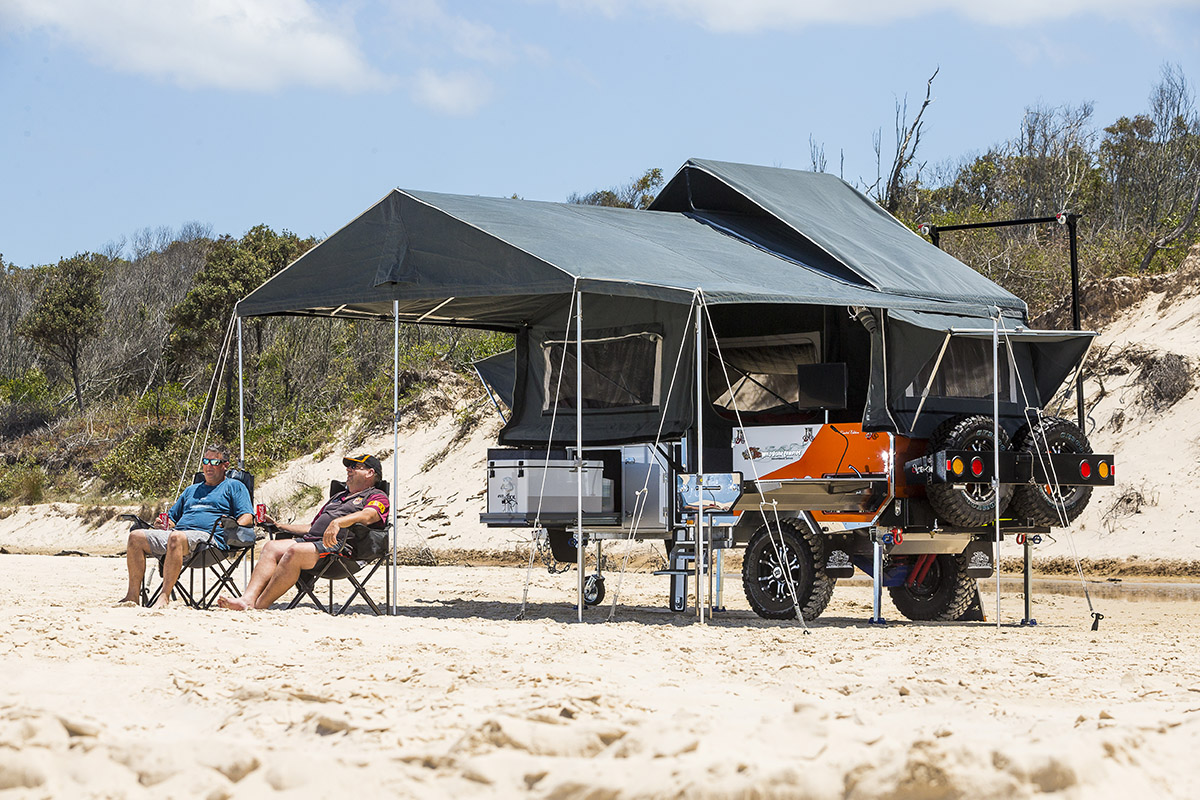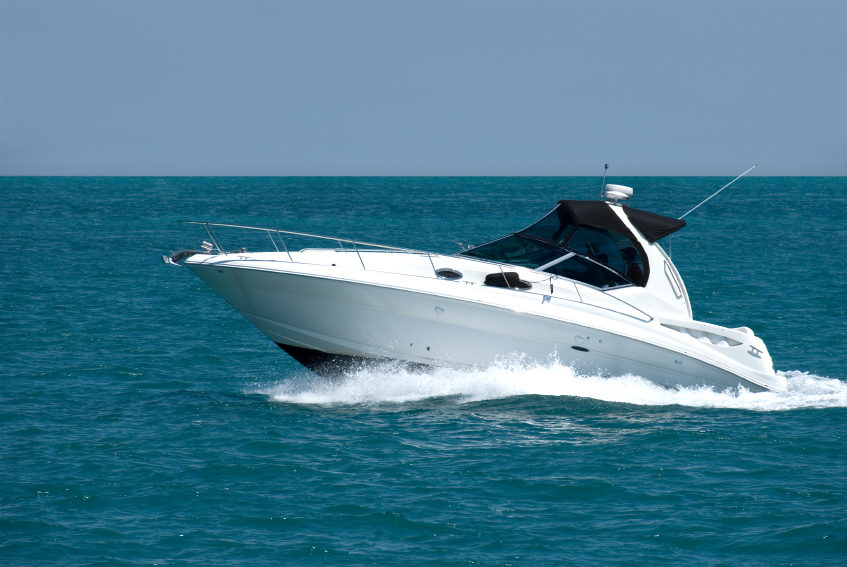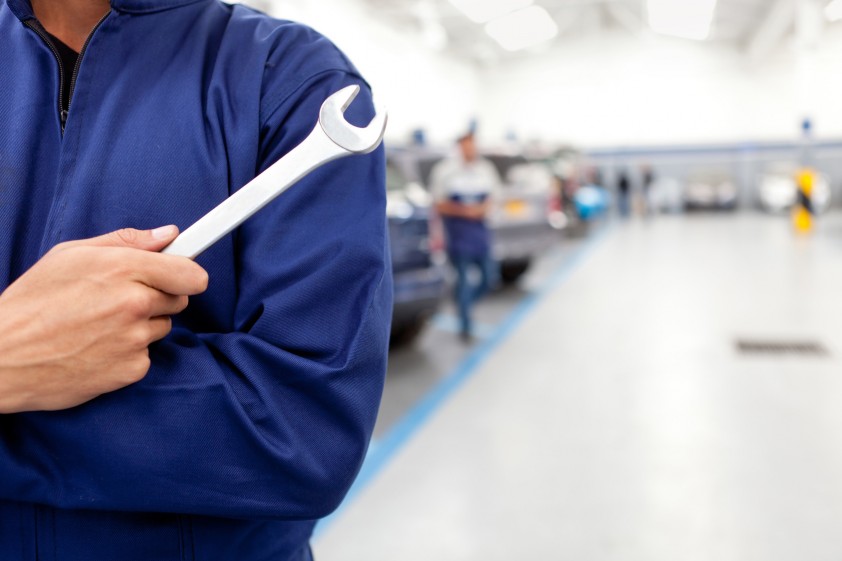1. TRANSMISSION FLUID COOLER
Automatic transmissions are more common than manual and can heat up a lot more than usual when towing a heavy trailer. While many modern autos run a transmission cooler, it’s often not enough. Many times the factory cooler is incorporated into the radiator assembly, and was never designed to keep transmission temperatures down when towing in our hot climate.
The most important upgrade for a tow vehicle is a seperate oil-to-air transmission cooler. Enquire with a transmission specialist, a transmission cooler supplier or even on a vehicle-specific forum to see what capacity will best suit your vehicle.
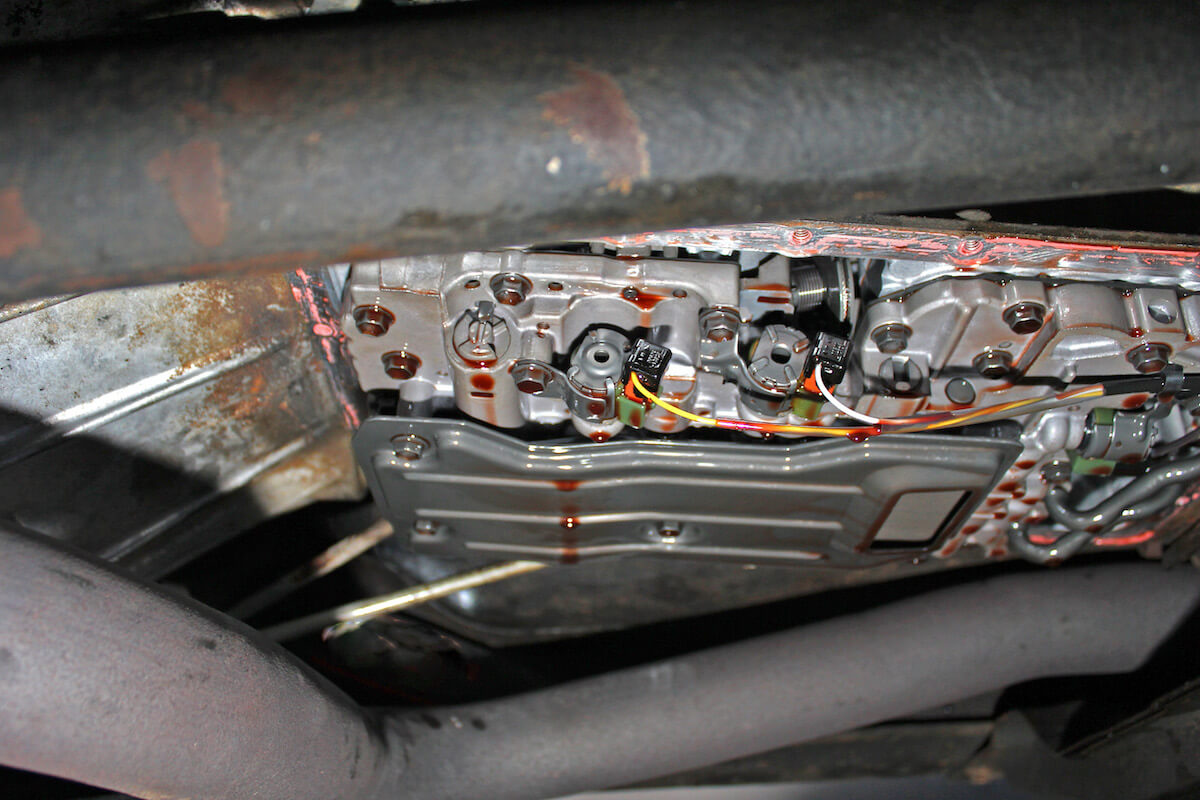
2. ENGINE OIL COOLER
While we’re talking about extra oil coolers, some vehicles can improve their towing performance and longevity with an engine oil cooler. Some larger 4WDs already have an oil cooler factory-fitted, so you may not need one – or it might be improved with an aftermarket larger-capacity cooler.
Ask your vehicle’s manufacturer if they recommend an oil cooler or do actually factory-fit one as part of an optional towing package.
Otherwise, check out online forums for your vehicle’s make/model: you’d likely get good advice there if plenty of others also tow with your vehicle model.
3. BRAKE UPGRADE
Big slotted disc brake rotors and high-performance brake pads sound like the sort of thing that should be used on a race track, but they can also transform your confidence in your tow-tug’s brakes when towing.
No doubt a caravan’s electric brakes set-up should be the first thing to be sorted out, but when towing – especially a heavy van – there’s no such thing as a too-good standard of brakes.
You don’t need to go for a re-engineered set-up with six-pot calipers and dinner plate-sized rotors, but standard replacement-size slotted/vented rotors and high-performance brake pads can make a huge difference to braking performance.
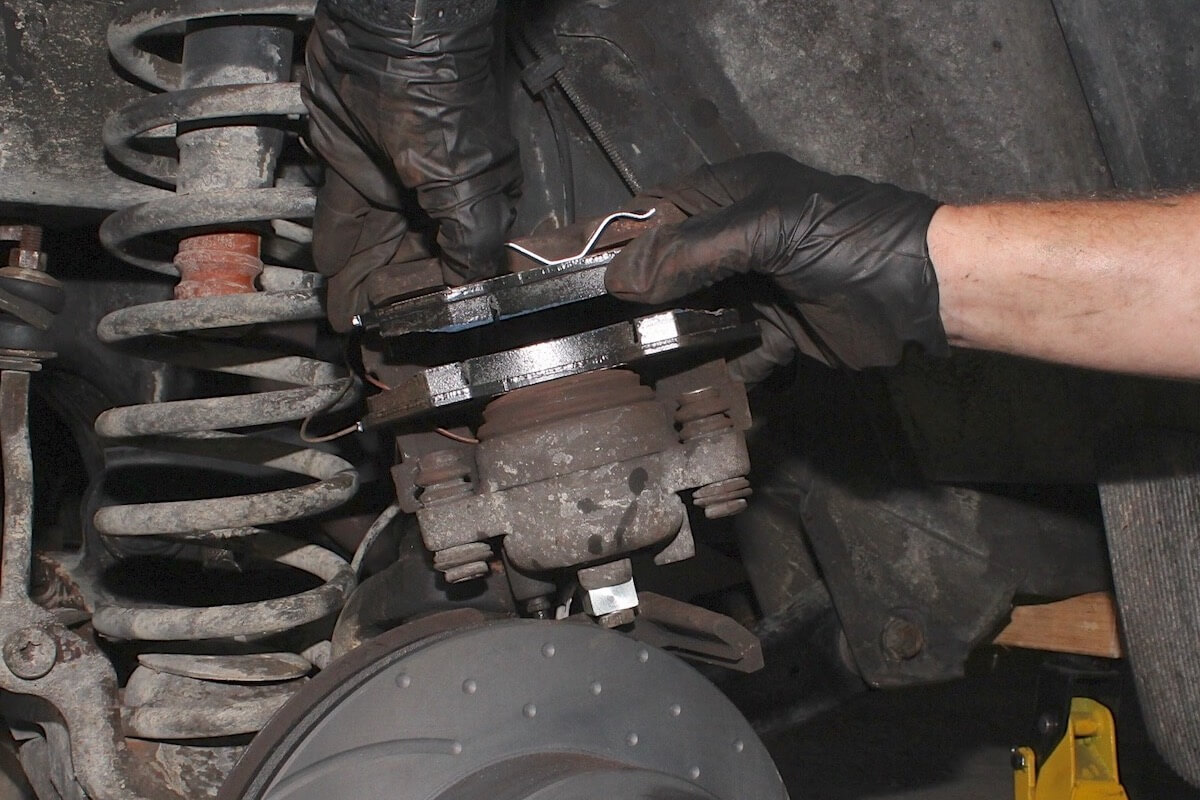
4. BEEFED-UP SUSPENSION
With all that extra weight pushing down on the rear of a tow vehicle, some vehicles’ standard suspension is just too soft, making a rig feel like it is rolling on heavy seas.
A vehicle’s factory suspension suffers on two fronts. The shock absorbers wear as they age, providing less body control, and even when new any spring/shock tuning is going to be a compromise. Heavy-duty springs and shocks, front and rear, is an ideal solution for any vehicle regularly doing big distances with a van behind.
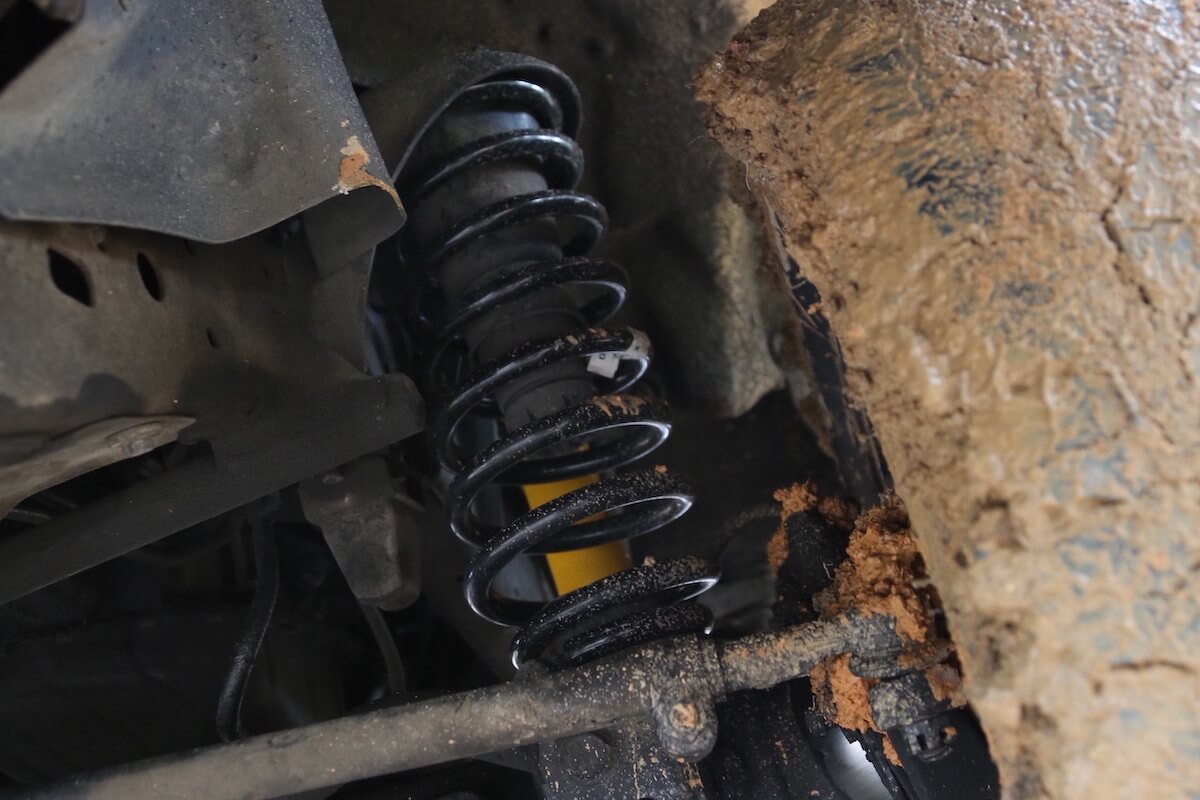
5. LONG-RANGE FUEL TANK
When towing, you use more fuel, and with some vehicles, a lot more fuel than usual. What can catch us urban dwellers out is the long transport stages between towns in the outback.
A long-range fuel tank can certainly ease range anxiety, and there are Aussie manufacturers, such as Long Range Automotive, that make large capacity fuel tanks for a variety of vehicles.

6. HEAVY-DUTY RADIATOR
While cooling systems of modern vehicles are usually very efficient and cope well with the additional heat they need to dissipate when towing, older vehicles often don’t fare too well.
Either their radiators become blocked with corrosion over time, or they never had adequate capacity in the first place.
A refresh with standard replacement cooling system parts is a very good idea for older tow vehicles but a larger, heavy-duty radiator is a sensible – sometimes vital – improvement for such vehicles.
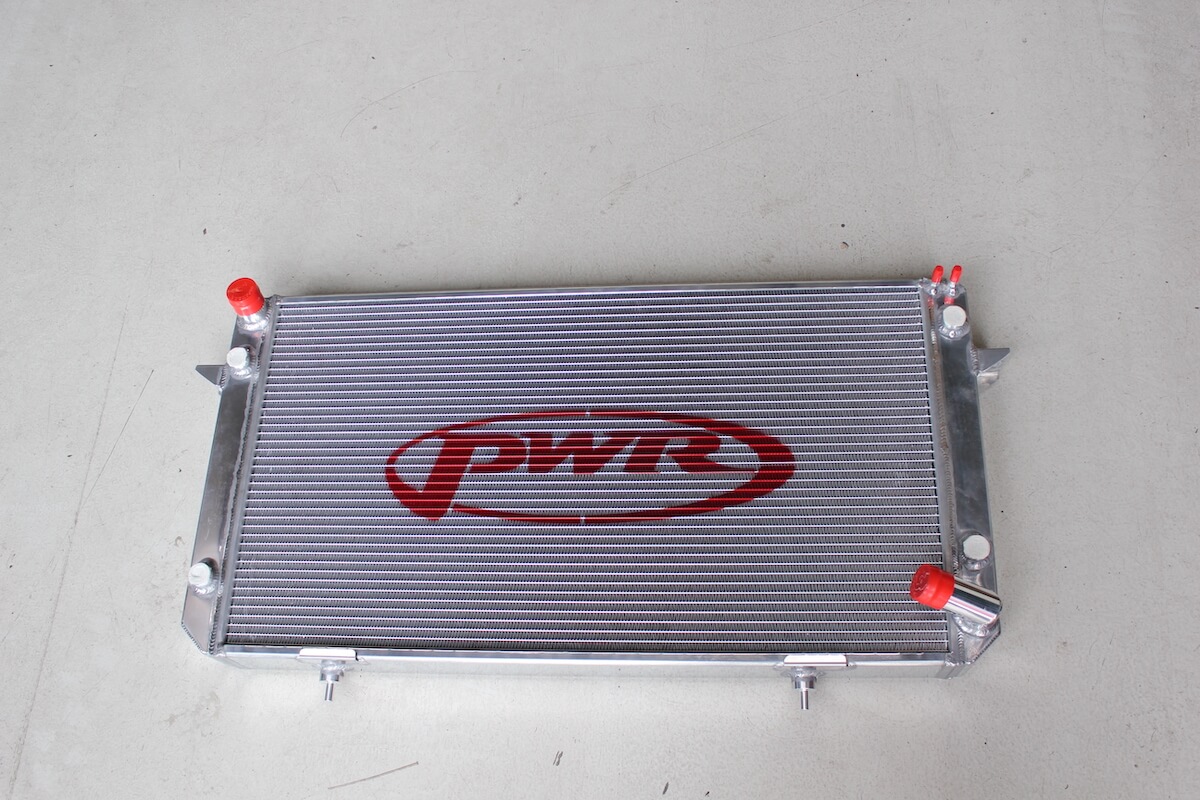
7. TOUGHER TYRES
While not strictly a towing modification, all-terrain tyres are very good improvements when you’re driving for thousands of kilometres in the bush.
All-terrain tyres for a 4WD may seem like overkill when you only plan to stick to the major highways. That is, until you change your mind, or hear of a great camp spot you want to visit down a dirt track.
Punctures happen all too easily on such surfaces, and so all-terrain tyres (preferably in the stronger Light Truck construction) can make the difference between an event-free tour and one beleaguered with tyre changing by the side of the road.

8. BULLBAR
You might think it won’t happen to you, but wildlife strikes are fairly common in the bush. While avoiding driving when wildlife likes to come out and play (at dawn or dusk) does help, it isn’t always possible and even then you might find a random roo bounding across your path well into the day.
Braking and swerving to avoid a roo is hard enough without a van behind, and the damage you can do to your vehicle can stop your holiday right there and then.
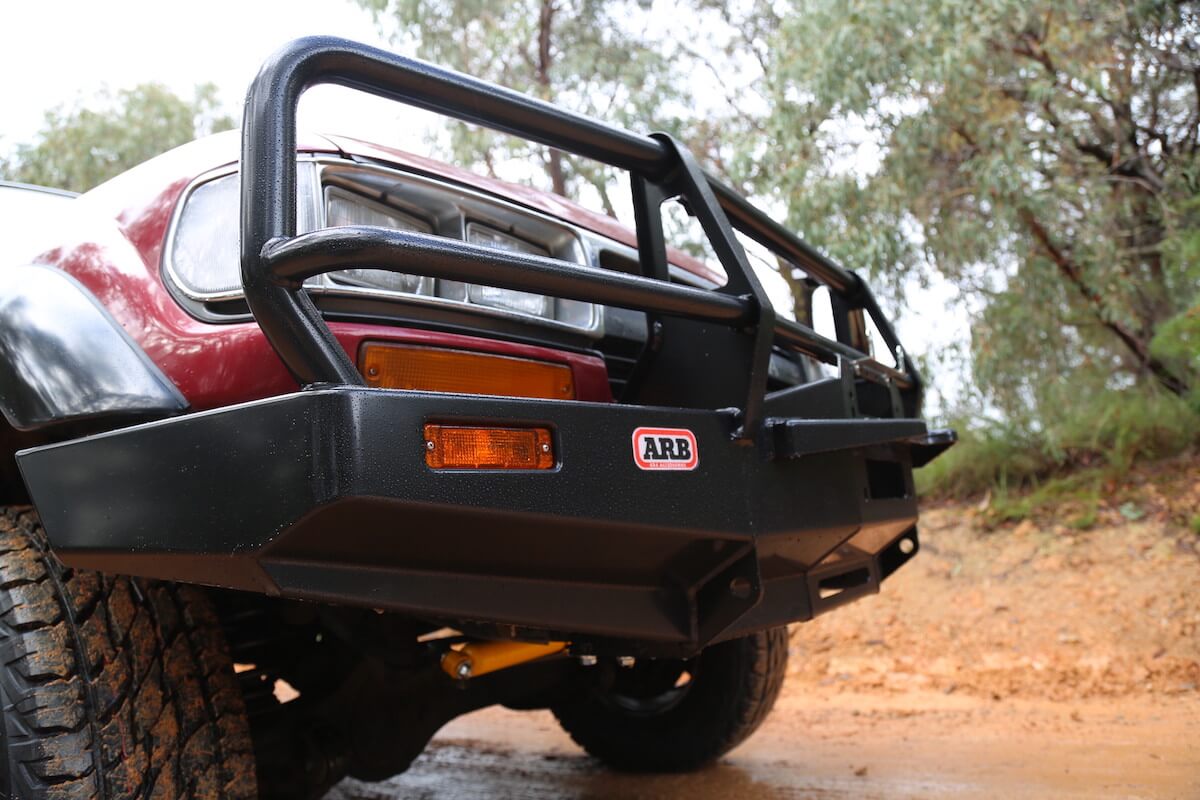
9. DRIVING LIGHTS
Even if you only plan to drive during the day, it is too easy to underestimate driving times in the bush, especially when you have a long distance to cover in the day.
Driving lights can make driving in a murky dark night in the bush a lot easier and safer. There are plenty of affordable, good LED light bars available that will fit almost any vehicle.
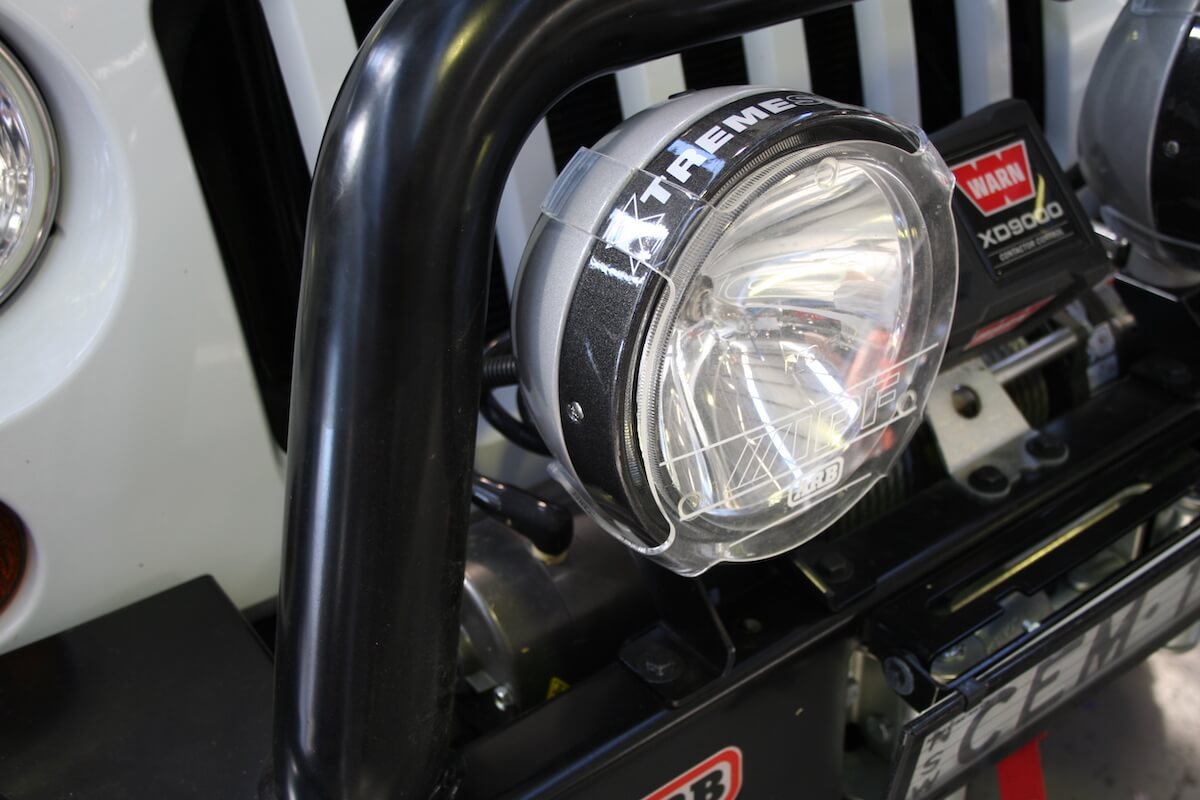
10. UHF RADIO
You might think that a UHF radio is for truckie-use only, but they can be used by anyone (although some rules about what channels you can use applies) and are a very useful communication device when out on tour.
Not only can you keep in touch with oncoming drivers to see what road conditions are like ahead, if you have an emergency in areas with no mobile signal, the UHF may be your lifeline.
A UHF is also very useful when communicating with truckies, giving them the all clear to pass you – or vice-versa.
Please note: aftermarket equipment added to a vehicle counts as payload, reducing the payload capacity available for passengers and other gear. A Gross Vehicle Mass upgrade may be necessary, depending on the vehicle and the equipment you’d like to add. If the vehicle is being used to tow a caravan, this additional equipment should also be factored into the calculations concerning Gross Combined Mass.
MEET THE AUTHOR

Max Taylor
Max Taylor has been caravanning since he was a kid and was the editor of some of Australia’s most well-known RV publications for almost 10 years.

